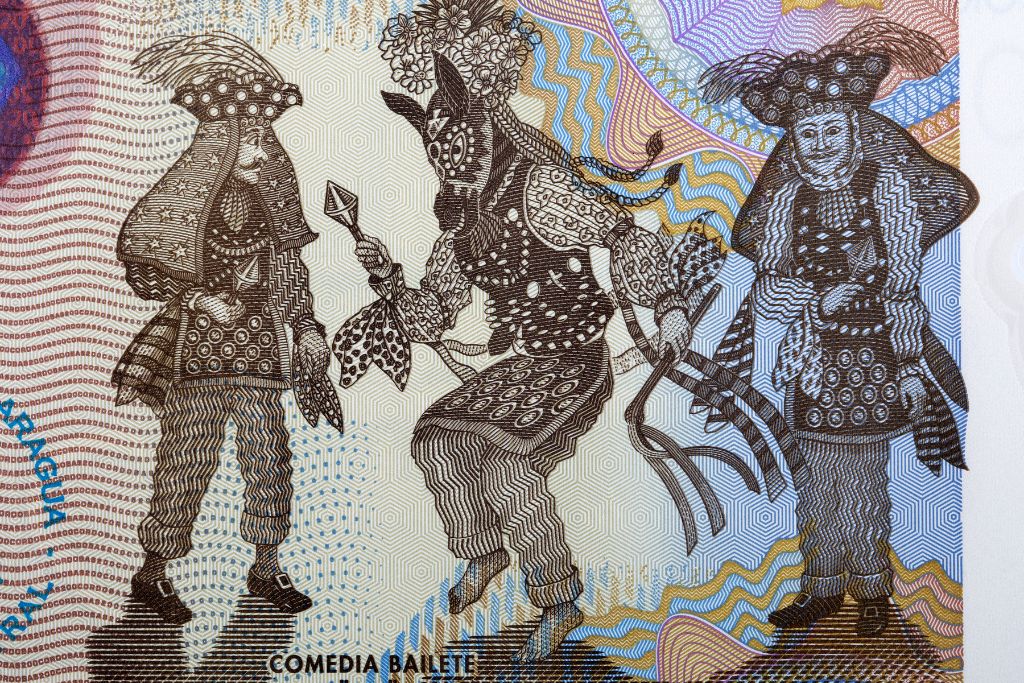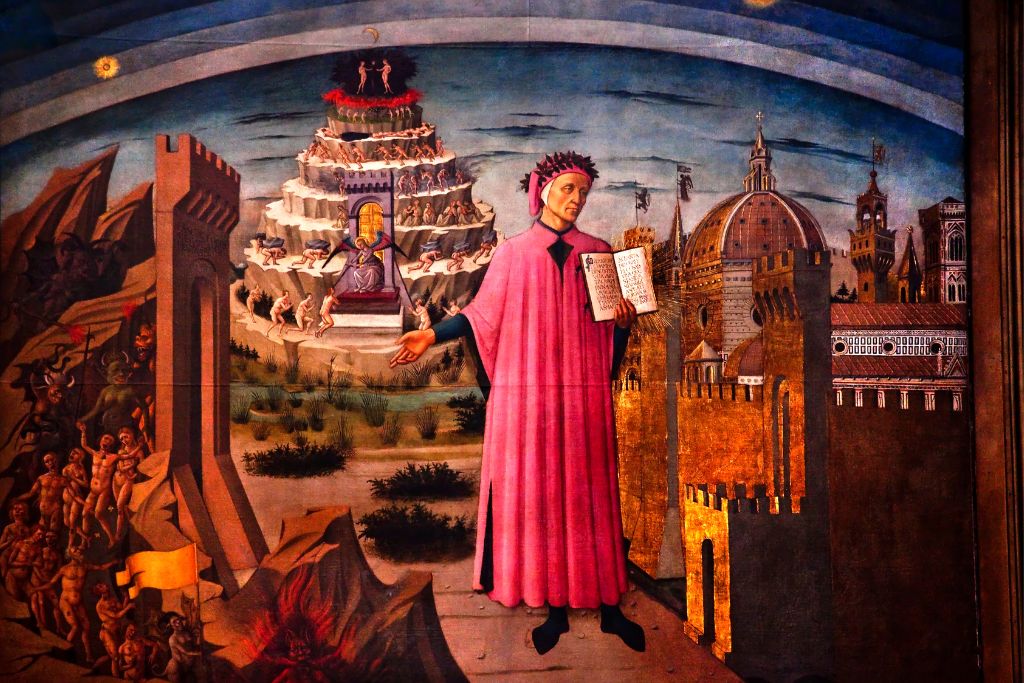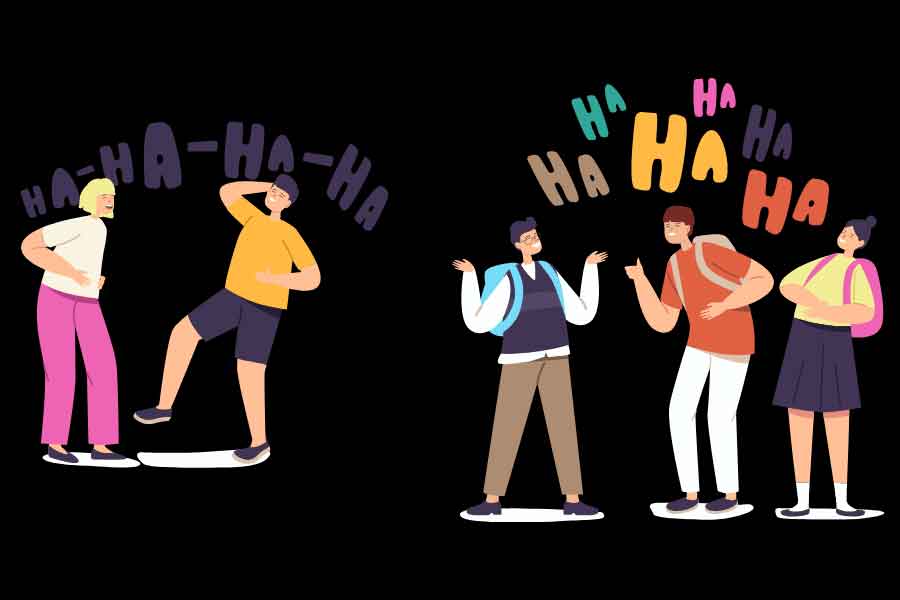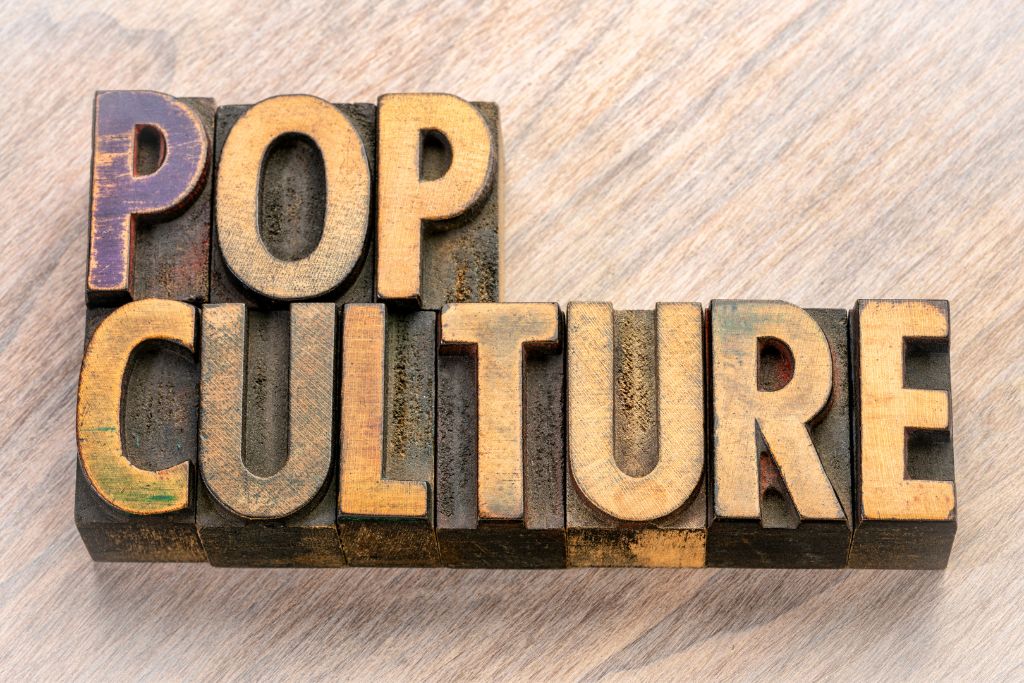Welcome to the hilarious world of comedy in pop culture! From gut-busting movies and side-splitting TV shows to rib-tickling social media content, funny has become an integral part of our entertainment landscape. Whether we’re laughing out loud at a witty one-liner or sharing a viral meme that leaves us in stitches, it’s clear that comedy holds immense power to unite and uplift us. In this blog post, we’ll delve into the captivating realm of comedy, exploring its definition, tracing its fascinating history, and uncovering the various types that make us laugh till our sides ache. But it doesn’t stop there! We’ll also dive into how comedy influences movies, and TV shows, and even takes over our social media feeds. So buckle up for a laughter-filled ride as we explore why comedic content is not just amusing but also essential for our well-being. Let’s jump right in!
Defining Comedy
What exactly is comedy? Well, it’s like a magical elixir that tickles our funny bones and leaves us gasping for breath. At its core, comedy is a genre of entertainment that aims to make us laugh through amusing situations, clever wordplay, exaggerated characters, or unexpected twists. It’s the art of finding humor in the ordinary and turning it into something extraordinary. Comedy can take many forms – from slapstick physical humor to witty banter and everything in between. It knows no boundaries and can be found in movies, TV shows, stand-up performances, plays, literature, and even everyday conversations. It has the power to transcend language barriers and cultural differences because laughter is universal.
But what sets comedy apart from other genres? It’s the element of surprise! Comedy thrives on creating tension or building anticipation before delivering an unexpected punchline or comical resolution. Timing is crucial – a well-timed comedic pause or perfectly executed comedic timing can take a joke from mildly amusing to downright hilarious.

Humor also serves as a mirror reflecting society back at itself. Through satire and parody, comedians often address social issues with wit and sarcasm. They use laughter as a tool for commentary and critique while entertaining their audience simultaneously.
The History of Comedy
Comedy has been a part of human culture for centuries, providing entertainment and laughter to people from all walks of life. From ancient Greece to modern-day sitcoms, comedy has evolved and adapted to reflect the changing times. In ancient Greece, comedies were performed as part of religious festivals and featured exaggerated characters and silly situations. These plays often satirized political figures and social norms, using humor to comment on the issues of the day.
During the Middle Ages, comedy took on a different form with street performers known as jesters or fools entertaining crowds with their wit and physical comedy. These jesters were skilled in improvisation and used humor to entertain both royalty and common folk alike. In more recent history, cinema played a significant role in shaping comedic storytelling. The silent film era introduced slapstick comedians like Charlie Chaplin and Buster Keaton who relied on physical humor to elicit laughter from audiences.

As technology advanced, television brought comedy into people’s homes on a regular basis. Sitcoms such as “I Love Lucy” in the 1950s showcased comedic talents like Lucille Ball who paved the way for female comedians. With the advent of social media platforms like YouTube, Vine (RIP), Instagram Reels, TikTok etc., anyone can become an internet comedian overnight by creating short videos that capture our attention through clever jokes or unexpected punchlines.
The history of comedy is rich with innovation and creativity. It continues to evolve alongside society’s ever-changing tastes while remaining steadfast in its ability to bring joy into our lives. Whether it’s through movies, TV shows or viral internet memes – funny moments are an integral part of pop culture that keeps us laughing even during challenging times.
The Different Types of Comedy
The world of comedy is vast and diverse, offering a wide range of styles and forms to appeal to different tastes. From slapstick humor to witty wordplay, there are various types of comedy that have made their mark on pop culture. Physical comedy is one type that relies on exaggerated movements and gestures to elicit laughter. Think Charlie Chaplin’s iconic tramp character or Jim Carrey’s rubber-faced antics in movies like “Ace Ventura: Pet Detective.”
Surreal comedy, on the other hand, takes us into absurd and unpredictable realms where logic goes out the window. Shows like “Monty Python’s Flying Circus” or films like “Being John Malkovich” challenge our perceptions and tickle our funny bones with their unconventional storytelling. Satirical comedy uses humor as a vehicle for social commentary, often poking fun at politicians, institutions, or societal norms. Shows such as “Saturday Night Live” or Jon Stewart’s “The Daily Show” excel at using satire to shed light on current events while making us laugh.

Stand-up comedy puts one individual center stage armed with nothing but a microphone and their wit. Comedians like Richard Pryor or Ellen DeGeneres craft jokes around personal experiences or observations about life that resonate with audiences across generations. Improvisational comedy thrives on spontaneity and quick thinking. Popularized by shows like “Whose Line Is It Anyway?” this form of entertainment relies on performers creating scenes and comedic moments in real-time based solely on suggestions from the audience.
These are just a few examples of the many types of comedy that exist in pop culture today. Each offers its own unique brand of humor, appealing to different sensibilities and preferences among viewers. Whether you prefer physical gags or clever wordplay, there is undoubtedly something out there for everyone when it comes to finding what makes you laugh!
The Impact of Comedy on Movies, TV, and Social Media
Comedy has undoubtedly made a lasting impact on movies, TV shows, and social media platforms. Its ability to make us laugh and bring joy into our lives is unmatched. The influence of comedy can be seen in the way it has shaped popular culture and influenced the entertainment industry. In movies, comedy films have become a staple genre that attracts audiences of all ages. From classic slapstick comedies to witty romantic comedies, there is something for everyone’s sense of humor. These movies not only entertain but also provide an escape from reality, allowing us to momentarily forget our worries and laugh out loud.
Similarly, television shows rely heavily on comedic elements to keep viewers engaged and entertained. Sitcoms like “Friends” or “The Office” have become cultural phenomenons because of their clever writing and hilarious characters. They create memorable moments that we continue to quote long after the show has ended. Social media platforms have given rise to a new era of comedy where anyone with a smartphone can share their funny content with the world. Memes, viral videos, and humorous posts spread like wildfire across various social media channels. Comedy has become an integral part of online culture as people connect through laughter.

Whether it’s through movies, TV shows, or social media content, comedy plays a significant role in shaping our collective experience. It brings people together by creating shared moments of laughter that transcend boundaries and unites us in our humanity.
Why We Need Comedy in Our Lives
Why do we need comedy in our lives? Well, let’s face it, life can be tough. We all experience stress, sadness, and challenges on a daily basis. Comedy provides us with an escape from these realities, even if only for a short time. Laughter is truly the best medicine. It has been scientifically proven to reduce stress and boost our overall well-being. When we laugh, endorphins are released in our brains that make us feel good. So why not seek out moments of laughter whenever possible?
Comedy also helps to bring people together. Think about the last time you watched a funny movie or TV show with friends or family. The shared experience of laughter creates bonds and strengthens relationships. In addition to its therapeutic benefits, comedy allows us to see the lighter side of life. It gives us perspective and reminds us not to take ourselves too seriously. In a world that often feels overwhelming, finding humour can provide much-needed relief.

Furthermore, comedy serves as social commentary and satire. Comedians have long used their platforms to highlight societal issues in a way that is both entertaining and thought-provoking.
Learn about the fascinating world of comedy and its impact on numerous types of entertainment in our article “Comedy in Pop Culture: The Impact of Funny on Movies, TV, and Social Media.” Investigate how humour influences our favourite films, television shows, and online platforms. Discover “How Comedians Employ Comedy to Engage Audiences,” a deeper look at the art of comedy and how comedians use their skills to connect with and fascinate audiences. These articles examine the impact of comedy on pop culture, emphasizing the power of laughter and its potential to entertain, inspire, and unite people.
